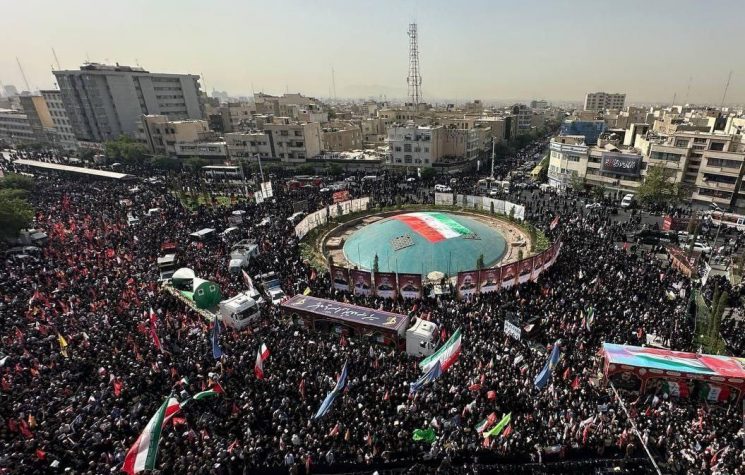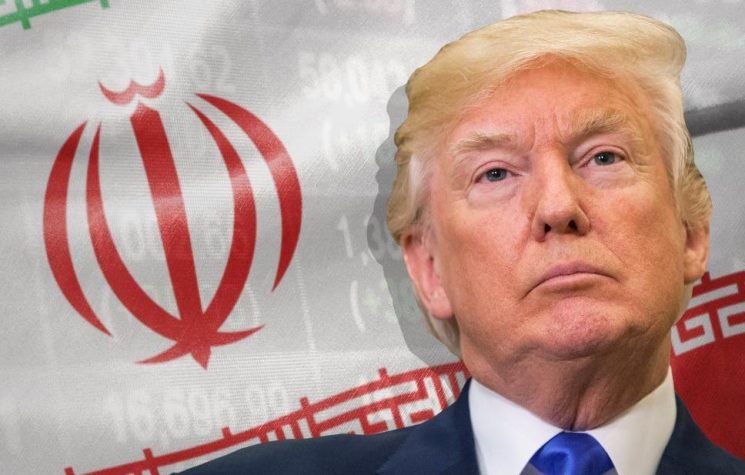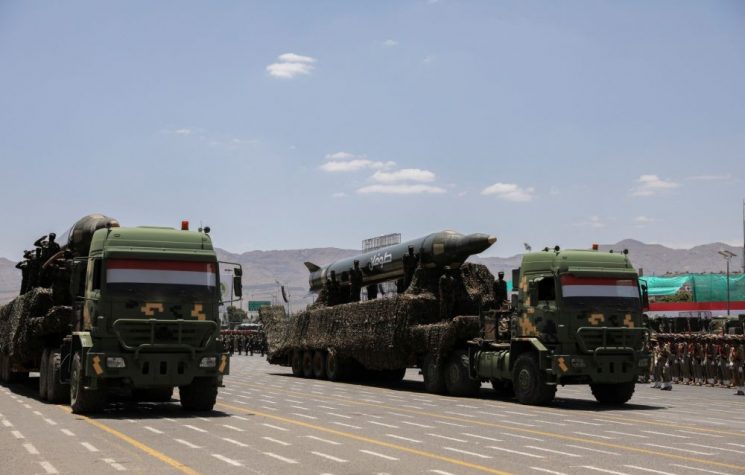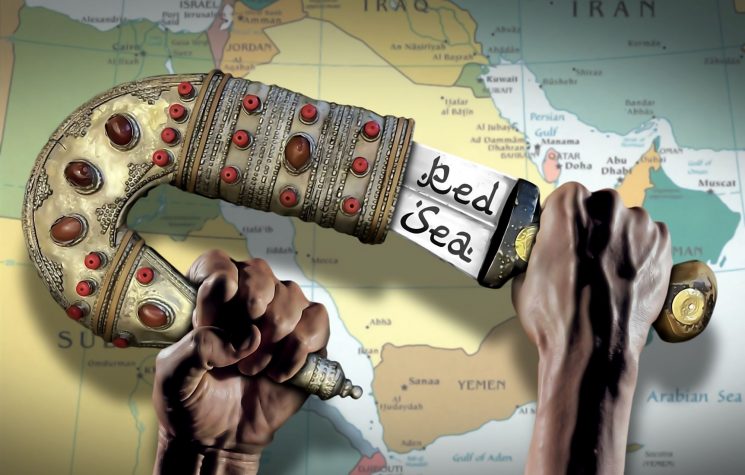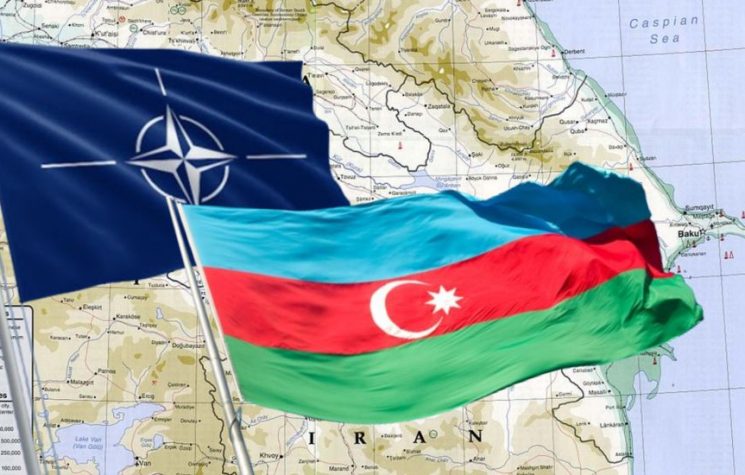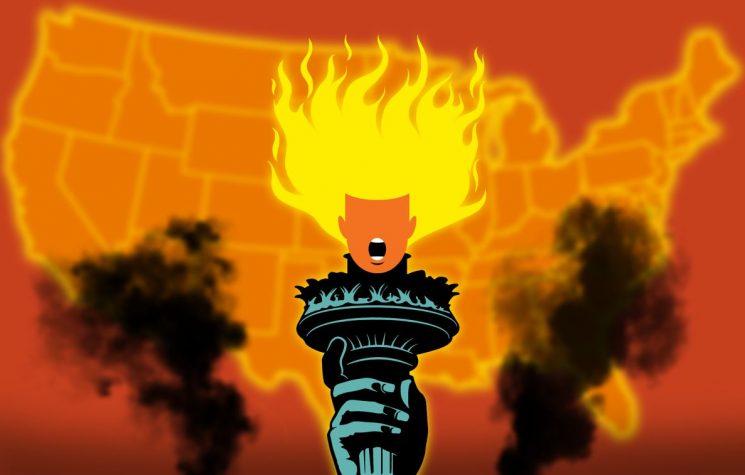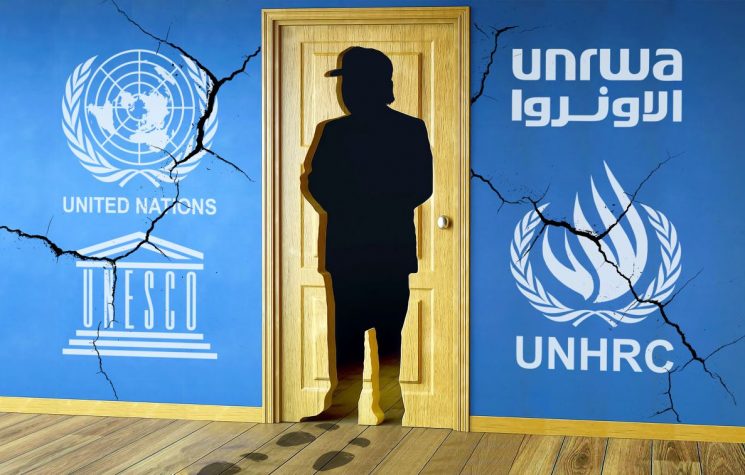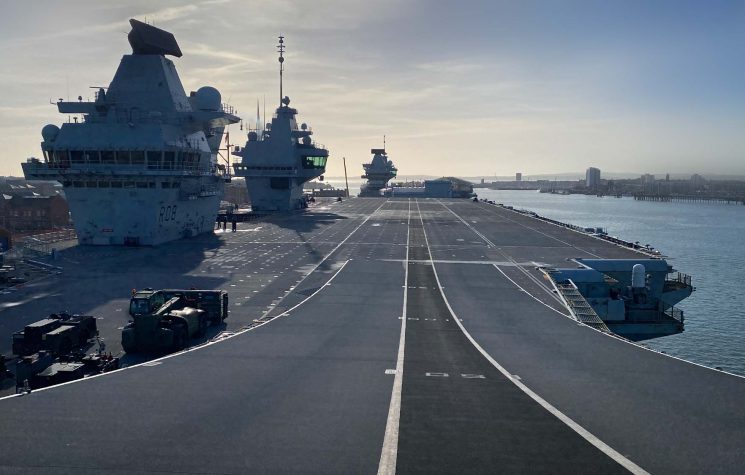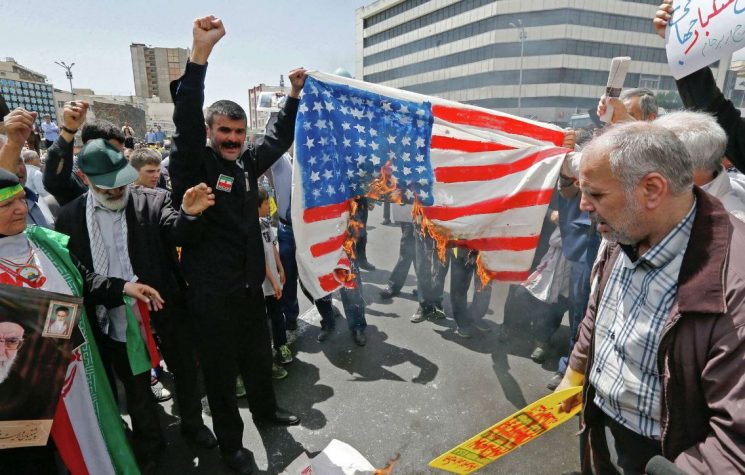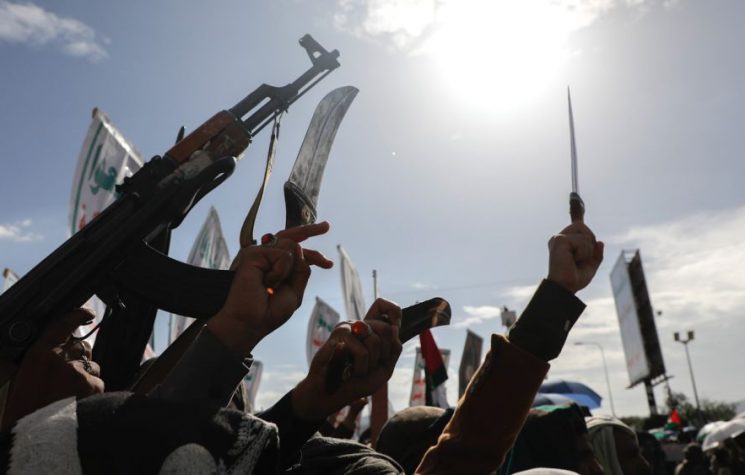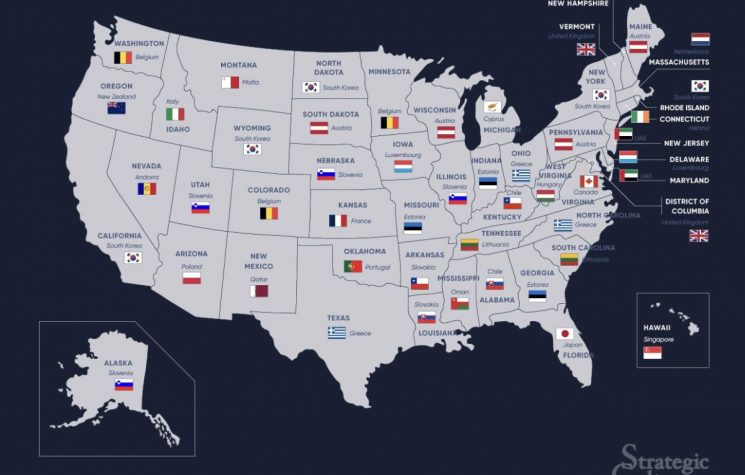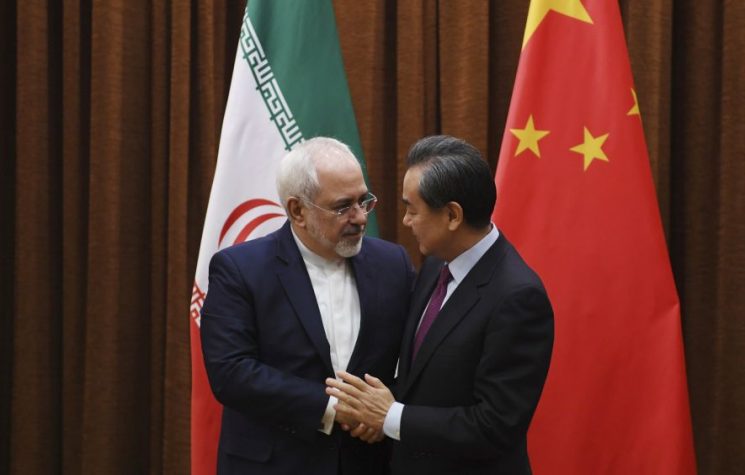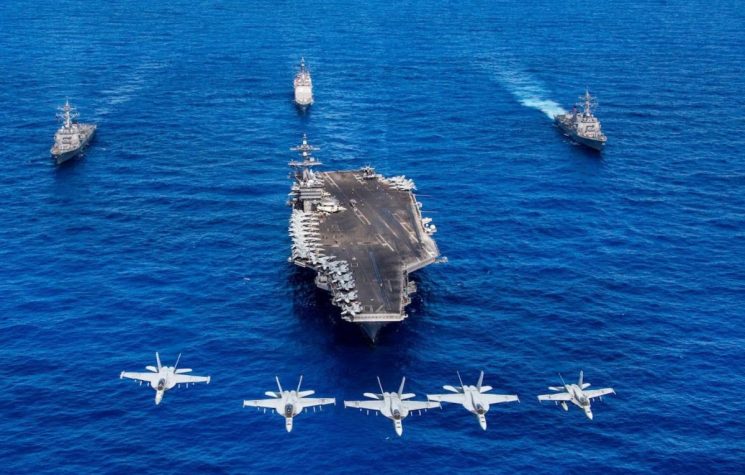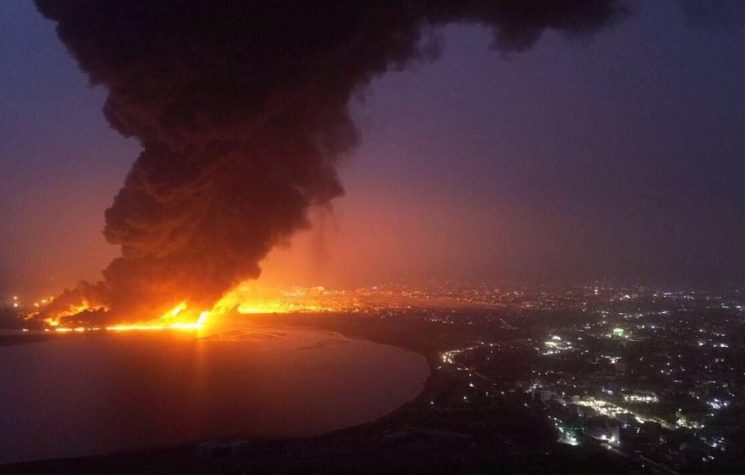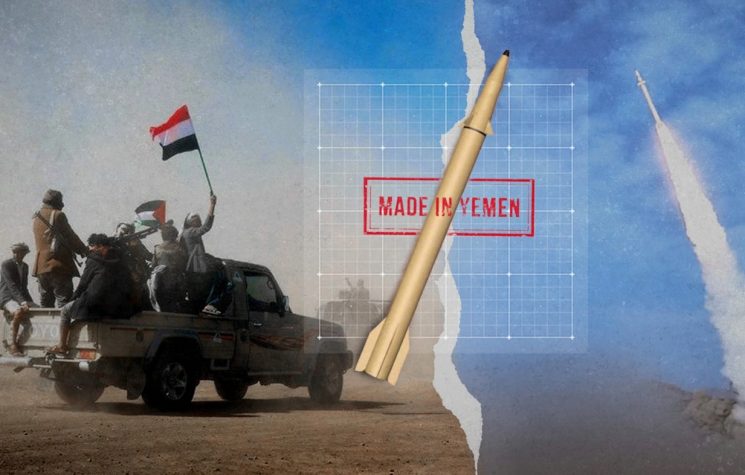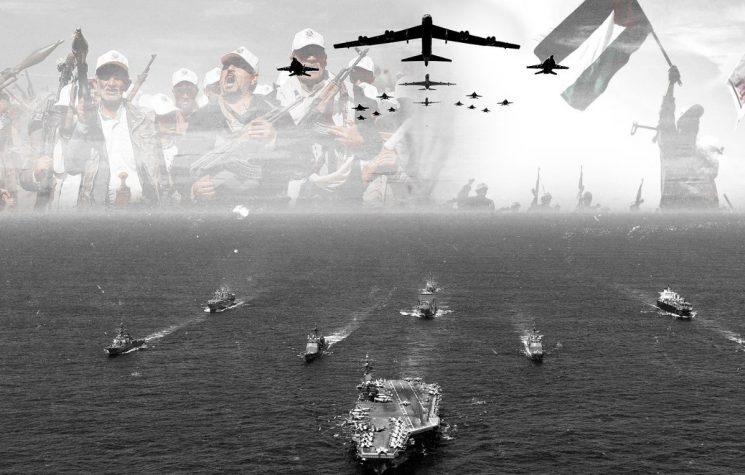Despite having some impacts, the frictions in the region are not really threatening global economic stability.
❗️Join us on Telegram![]() , Twitter
, Twitter![]() , and VK
, and VK![]() .
.
Contact us: info@strategic-culture.su
You can follow Lucas on X (former Twitter) and Telegram.
“Justifying” illegal actions under international law with legitimizing narratives is a common practice of American foreign policy. Washington used the supposed defense of democracy and human rights to attack Yugoslavia and Iraq, as well as to finance color revolutions and regime change operations around the world. Now, in a similar move, the U.S. is trying to justify attacks against Yemen with the supposed need to protect international trade.
The narrative used by the U.S. is that it is necessary to neutralize Yemeni operations in the Red Sea to guarantee the flow of civilian vessels, saving maritime trade from the consequences of the conflict. One of the arguments frequently used by Americans is that the Houthis’ actions “threaten global trade”, which sounds like a convenient overstatement of the level of Yemeni attacks.
First of all, it is necessary to clarify that the de facto Houthi government declared war on Israel only, showing its solidarity with the Palestinian people. The ships captured or bombed by Yemen were initially Israeli vessels or vessels linked to Israel, with no intention on the part of the Houthis to extend the attacks to ships from other countries. However, as more states declare support for Israel, they are obviously targeted by Yemen. The escalatory move, therefore, does not come from Yemen, but from the countries that want to engage in the conflict in favor of Israel.
In addition, there is a real exaggeration when describing the economic impact of the Red Sea crisis. 12% of the world’s maritime trade passes in the region. It is a minority of world trade, not a majority, as Western propaganda makes it seem. Furthermore, the main drop in the flow of ships in the region was not a direct result of the Houthis’ actions, but of the Western escalation. After the American coalition was formed to combat Yemen, the Houthi reaction was naturally to increase attacks, making the flow of vessels unfeasible. Before that, only Israeli ships were unable to cross the region.
The Western media itself admits that “the number of containers passing through the Red Sea fell by more than half in December, to around 200,000 from 500,000 in November”. The Houthis have been maneuvering in the Red Sea since October, while the U.S. began its “Operation Guardian of Prosperity” in December, precisely when non-Israeli ships began to avoid passing through the region. So instead of “protecting international trade,” Washington harmed it.
Another argument often used by Western speakers is a supposed threat to the global oil market. The recent 4% increase in the price of the commodity has been used propagandistically to spread fear in public opinion and endorse a supposed “need to stop the Houthis”. However, experts show that this data is a normal market fluctuation and does not indicate any serious evidence of a major crisis in the near future.
“The impact on oil prices, for now, appears contained. They remain steady, even lower than a couple of months ago, a contrast to the chaos caused when the container ship Ever Given blocked the Suez Canal for six days in March 2021. That incident left hundreds of ships stuck in mooring and reportedly held up $9 billion of global trade for each day of stoppage. The difference lies in the current resilience of supply chains, in contrast to the struggling networks of the past”, an expert’s report reads.
So, what seems to be happening is an American attempt to generate panic among ordinary people, who do not understand the dynamics of international trade and tend to believe everything that is said by the media outlets. This is an example of how so-called “psychological operations” work – as mechanisms of manipulating psychology for military and strategic purposes. By spreading fear among the population and making ordinary citizens believe that they will be harmed because of Yemen’s actions, the U.S. induces the people to support severe military measures against the Houthis, thus legitimizing the war.
The main problem, however, is that Washington does not seem capable of carrying out escalatory maneuvers in the region without suffering serious consequences. After two years of an unwinnable proxy war with Russia, the American military apparatus is not prepared to become directly involved in a new protracted conflict – even though the Zionist lobby in the U.S. is putting pressure for this to happen. A direct war with Yemen would lead to a conflict with Iran, which is the Houthis’ main supporter. Consequently, there would be an all-out regional war that could quickly drain Western defense resources.
Not by chance, the U.S.-led “Prosperity Guardian” coalition failed, dismantling itself before even engaging in combat. In the same sense, the recent bombings in Yemen sounded like a kind of “response to public opinion”. In order not to be demoralized by the failure of the coalition, the Americans and British bombed some regions of Yemen, only succeeding in 25% of the targets (according to the Western media itself). The attacks were promptly retaliated and American spokespeople clarified that the measure was one-off, with no interest in declaring war on Yemen.
Some Western and Zionist militants were expecting a scenario similar to the 2003 bombings against Baghdad and were really disappointed. The U.S., even under Zionist pressure, is not ready to engage on a new front and will try to do everything possible to avoid deeper involvement in the Middle Eastern war.
The best thing the U.S. can do in this complicated scenario is to definitely stop its military intervention in the Middle East. Without Western actions in the Red Sea, Houthi attacks will once again target only Israeli ships, significantly reducing the international economic impact.










